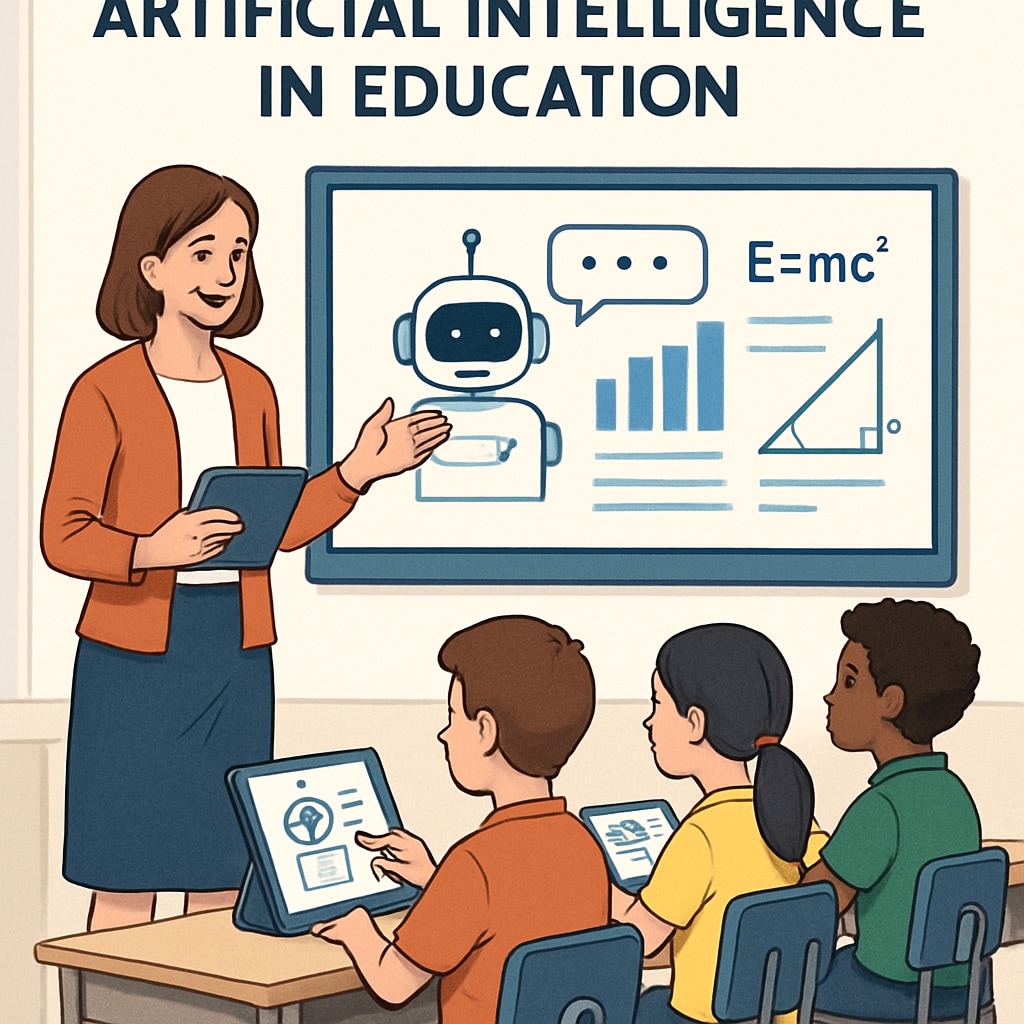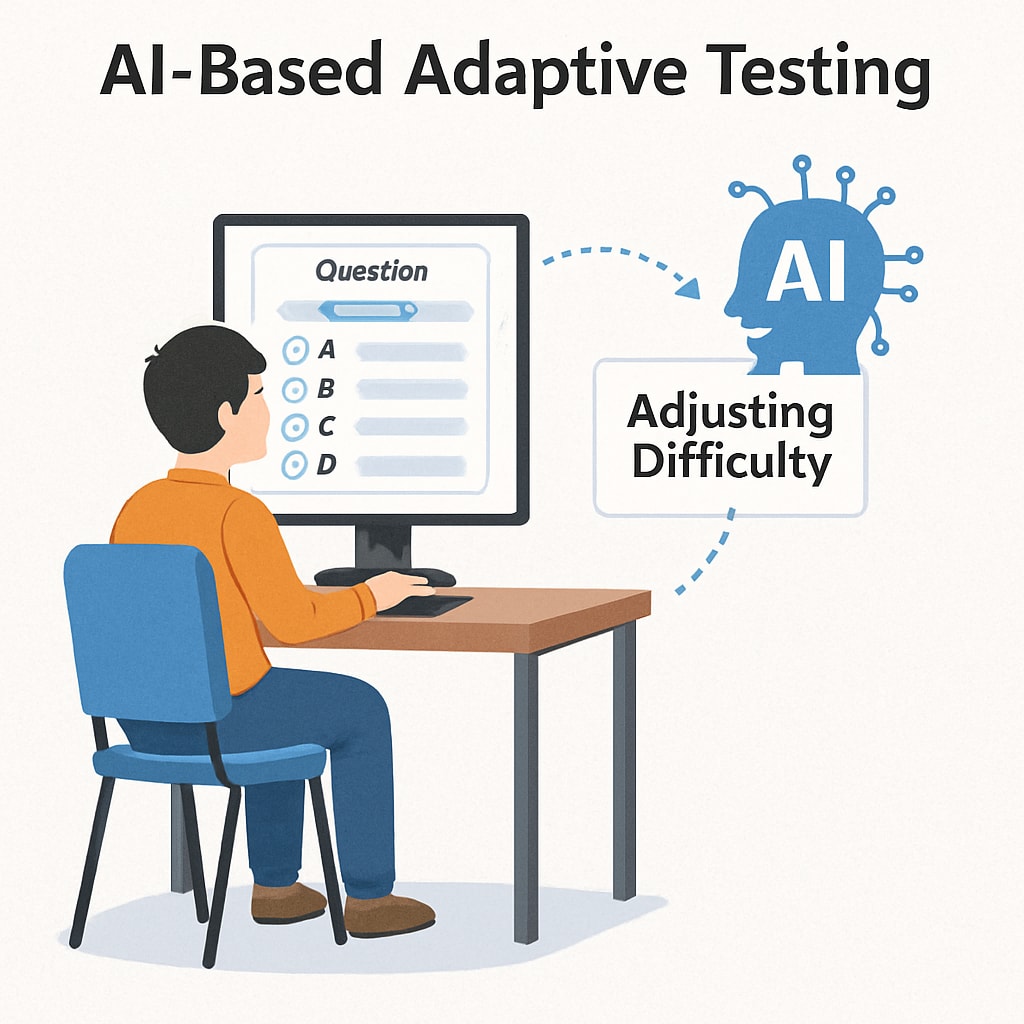The rise of artificial intelligence (AI) has brought transformative changes to various sectors, including education. However, K12 competitive exams—the cornerstone of student selection methods—are struggling to keep up with the pace of technological advancements. Traditional exams, often focused on rote learning and standardized assessments, are increasingly being questioned for their relevance in an AI-driven world. As a result, there is an urgent need to reform the competitive examination system to promote diverse talents and adapt to the evolving demands of the future workforce.
Challenges of Traditional Competitive Exams in the AI Era
Traditional competitive exams primarily measure memory recall, standardized problem-solving abilities, and a narrow set of skills. While these methods served well in the industrial era, they are less effective in preparing students for the complexities of a world shaped by AI. For instance:
- Lack of Creativity Measurement: Current exams rarely assess creativity, critical thinking, or problem-solving in real-world contexts.
- Overemphasis on Standardization: Standardized tests favor uniformity, often neglecting the unique strengths and skills of individual students.
- AI’s Role in Cheating: With tools like ChatGPT and AI-powered essay generators, traditional methods of assessment are increasingly vulnerable to misuse.
As AI continues to automate repetitive and analytical tasks, the skillsets required for future careers are shifting toward creativity, adaptability, and emotional intelligence. Yet, traditional exams are not equipped to identify or nurture these attributes.

Reimagining Selection Methods for the AI-Powered Future
To address the limitations of the current system, education policymakers must rethink the purpose and design of competitive examinations. Here are some strategies to consider:
- Incorporate Project-Based Assessments: Replace or complement standardized tests with evaluations based on real-world projects and collaborative problem-solving tasks.
- Emphasize Soft Skills: Develop assessments that measure communication, teamwork, adaptability, and emotional intelligence.
- Utilize Adaptive Testing: Leverage AI to create dynamic, personalized exams that adjust in difficulty based on the student’s responses.
For example, Finland’s education system has gained global attention for its focus on holistic learning and avoiding high-stakes testing. Adopting similar models could help foster innovation and prepare students for the future. (Education in Finland on Wikipedia)
The Role of AI in Shaping Future Examinations
Ironically, while AI poses challenges to traditional exams, it also offers solutions. AI can be a powerful ally in reforming examination systems by:
- Personalizing Learning: AI-driven tools can identify individual learning gaps and suggest tailored study plans, reducing the one-size-fits-all approach.
- Automating Grading: AI can analyze and grade assignments or complex responses more efficiently and objectively than humans.
- Ensuring Fairness: Algorithms can minimize biases in assessments, ensuring a level playing field for all students.
For example, adaptive testing platforms such as Duolingo English Test use AI to provide fair and accurate language proficiency assessments (Duolingo on Britannica).

Conclusion: The Urgent Need for Reform
In conclusion, the era of artificial intelligence demands a major overhaul of traditional competitive exams. By shifting away from rote memorization and standardization, education systems can embrace innovative assessment methods that prioritize creativity, collaboration, and real-world problem-solving. Policymakers and educators must act swiftly to ensure that these reforms align with the needs of an AI-driven world, ultimately preparing students for a future where adaptability and lifelong learning are key to success.
As AI continues to evolve, the education system must keep pace, ensuring that it fosters the diverse talents of the next generation while maintaining fairness and relevance in its selection methods.


